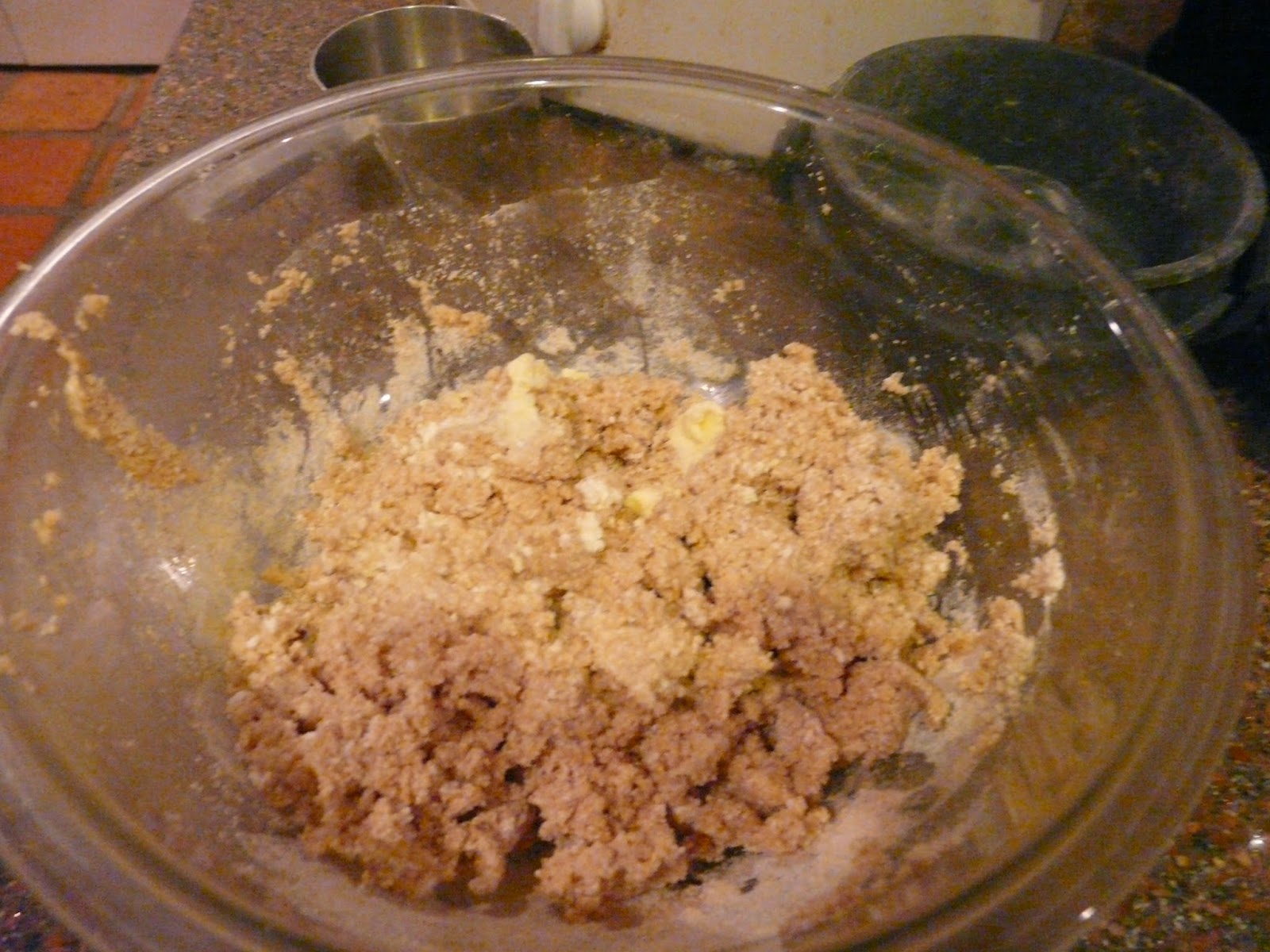I don't know that much about gluten intolerance, but, I don't think I have it. Some people have it in a seriously bad way. But the interesting thing is that many who have a gluten intolerance can eat bread in a foreign country without having any side affects.
We know that Americans use a lot of pesticides and chemical fertilizers on their plants. Monsanto is making it harder for people to grow their own gardens or even owning a farm. Has it always been this way?
Wheat is not the same as it was in the olden days, but there are some ancient varieties that can still be grown today.
Organic wheat will not be sprayed with pesticides, nor will it be fed with chemical fertilizers. I have found some sources for organic wheat. I do not know if organic wheat is genetically modified, but I would assume that it isn't. I do not know if modern wheat is genetically modified either, but if it is, I wonder if there is a connection between that and the rise of gluten intolerant people.
All grains contain something called 'phytic acid' which hinders our intestines from digesting our food properly. Phytic acid can be neutralized by soaking the grains in an acidic liquid such as yogurt.
Here is a link to a page with more info on it about soaking grains:
http://www.thehealthyhomeeconomist.com/bread-machine-loaf-made-with-soaked-flour/
I am in the process of making the bread featured on that page. The grains must soak for at least 18 hours, so that means I will be ready to finish the bread sometime after 7 pm. The rest of the ingredients are put into a bread machine which is turned on to knead the dough, let it rise, and bake the bread. I'm going to use the bread machine, but only on the dough cycle.
Here is a picture of the dough, after I mixed it at 1:00 in the morning.
 |
| Flour and grains must be soaked for a long period of time in order to neutralize phytic acid. |
I wonder what its going to taste like! Won't know until late tonight!





